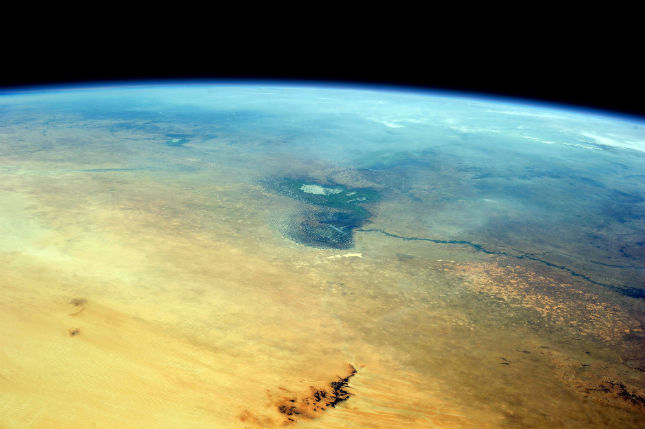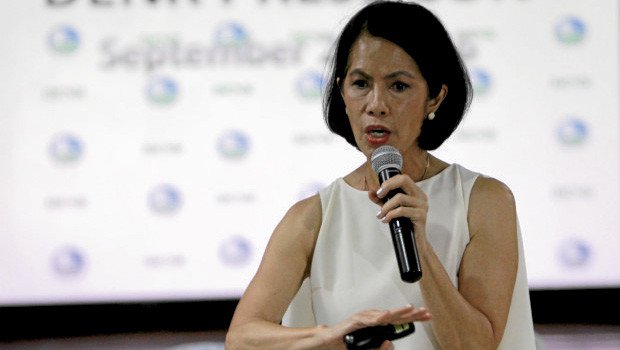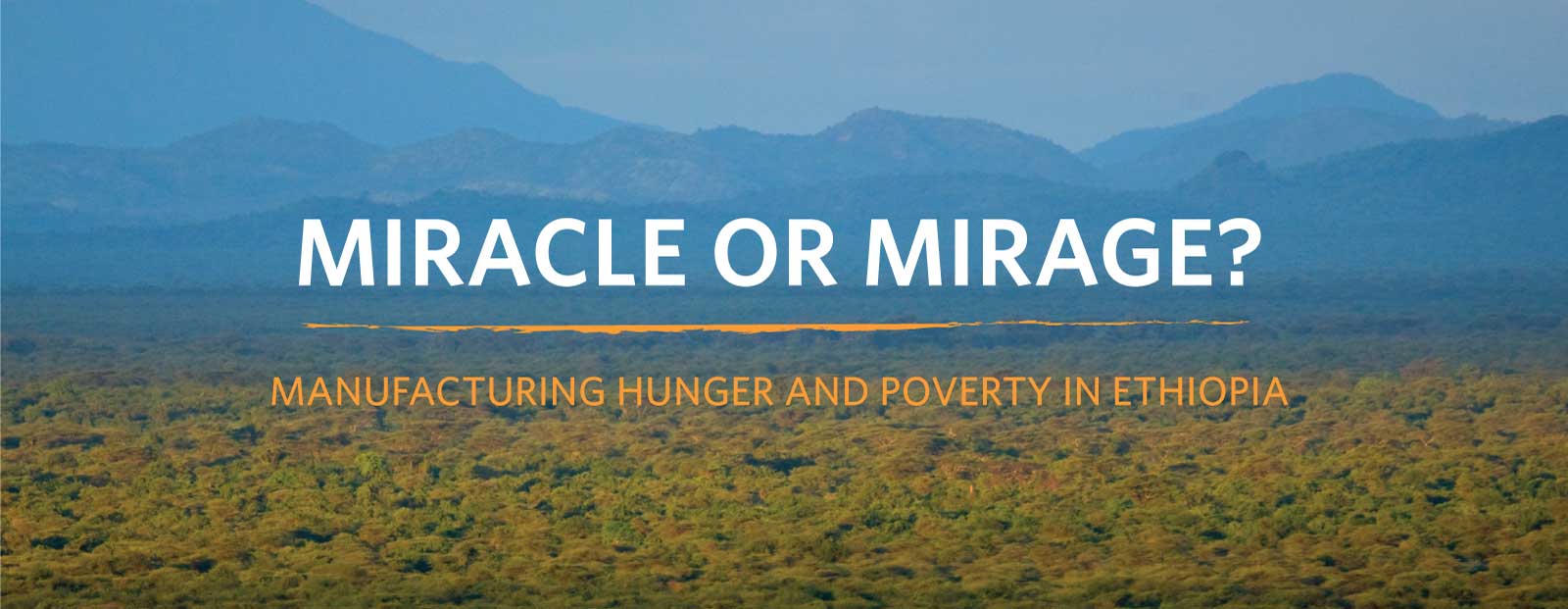Spatial-Temporal Characteristics of Cultivated Land Use Efficiency in Major Function-Oriented Zones: A Case Study of Zhejiang Province, China
Promoting cultivated land use efficiency (CLUE) coordinated development in various major function-oriented zones is a measure to deal with unbalanced development of territorial space in China.






